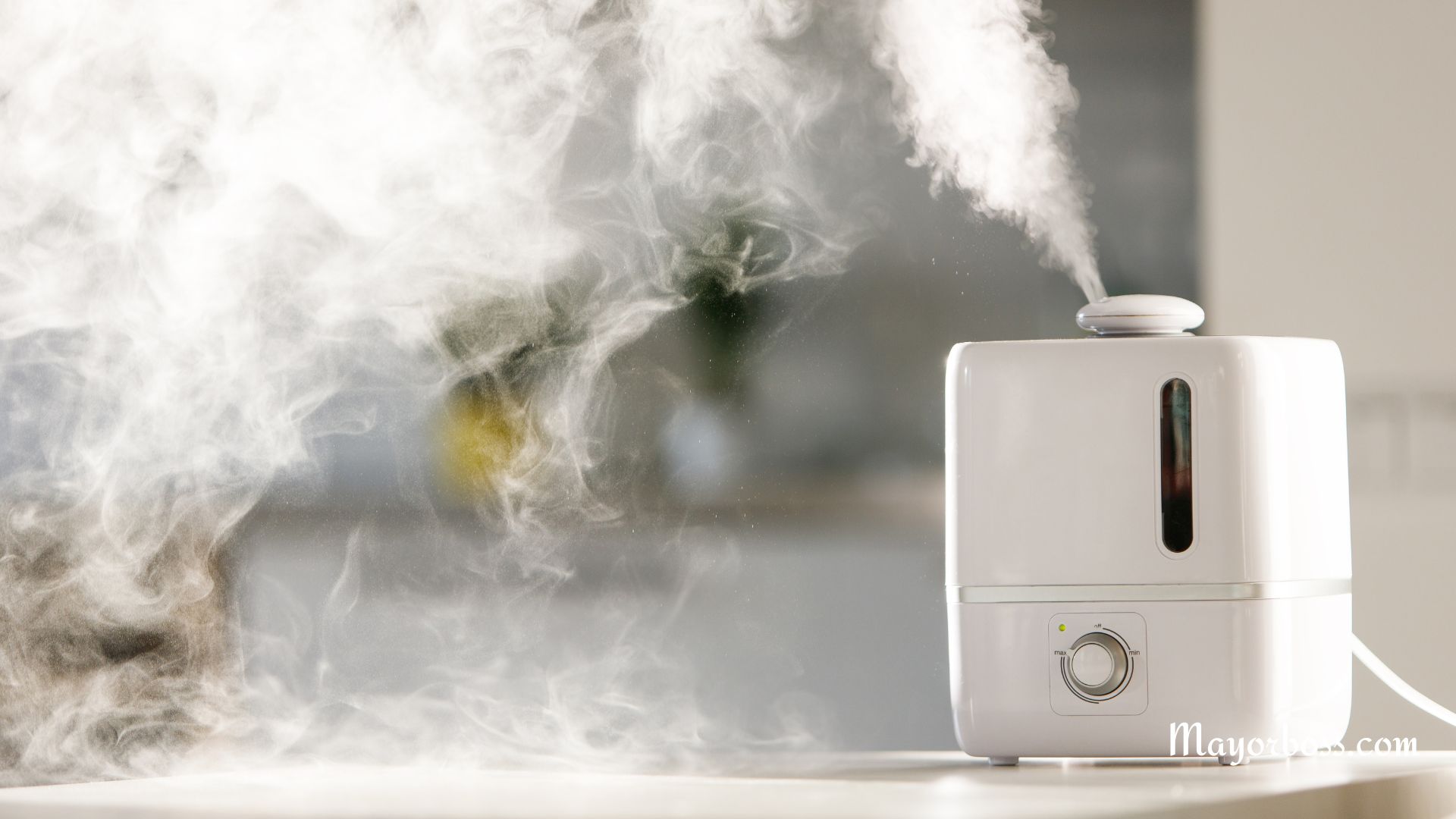What’s the Difference? Diffuser vs Humidifier
Do you want to know the difference between diffusers and humidifiers? Diffusers and humidifiers are both popular devices that add moisture to the air, but they serve different purposes. While a diffuser is primarily designed to spread essential oils, a humidifier is aimed at increasing the humidity level in a room. Let’s explore the key differences between these two devices.

Purpose and Functionality
Diffuser
A diffuser primarily disperses essential oils into the air. When you use a diffuser, you’re looking to reap the therapeutic benefits of the oils, such as relaxation or improved sleep.
Examples of benefits from different essential oils:
- Lavender: Promotes relaxation and calmness.
- Eucalyptus: Can help clear nasal passages and ease breathing.
- Peppermint: Energizes and refreshes the mind.
Humidifier
On the other hand, a humidifier has a singular focus: to increase the humidity level in the air. You use a humidifier when the air is too dry, which can be common in winter months or in areas with low humidity.
According to health experts, maintaining proper indoor humidity can:
- Prevent dry skin and chapped lips.
- Reduce the risk of respiratory problems.
- Preserve the health of wooden furniture and musical instruments.
Design and Structure
Diffuser
Diffusers are typically smaller and more decorative. They are designed to hold water mixed with a few drops of essential oils. The device then uses ultrasonic vibrations to turn this mixture into a fine mist, which is then released into the air.
Humidifier
Humidifiers come in various sizes, from small units suitable for a single room to larger models that can moisturize an entire home. They work by holding water in a reservoir and releasing it as a mist or steam to increase room humidity.
Maintenance and Care
Diffuser
For a diffuser, regular cleaning is essential, especially if you change the types of essential oils you use. This ensures the device works efficiently and avoids mixing scents. Also, always use water that’s free from impurities.
Humidifier
With humidifiers, it’s crucial to clean them regularly to prevent mold and bacteria buildup. Using distilled or purified water can help reduce mineral deposits.
When to Use
Diffuser
When a person wants to create a specific mood or benefit from the therapeutic properties of essential oils, a diffuser is the go-to device. It’s great for moments of relaxation, meditation, or even to invigorate a space.
Humidifier
If you’re experiencing physical discomfort due to dry air, such as dry throat, itchy eyes, or static electricity, it’s a sign that you might need a humidifier. Additionally, if wooden furniture or musical instruments are drying out or cracking, a humidifier can help maintain their condition.
Scientists believe that maintaining an optimal humidity level (between 30% and 50%) can also help reduce the spread of some airborne viruses.
In summary, while both diffusers and humidifiers add moisture to the air, they serve distinct purposes. A diffuser is all about the therapeutic benefits of essential oils, while a humidifier focuses on improving air quality by adding moisture. Knowing the difference ensures you pick the right device for your needs.
Further Reading: Do You Need a Humidifier? Signs That You Need One
